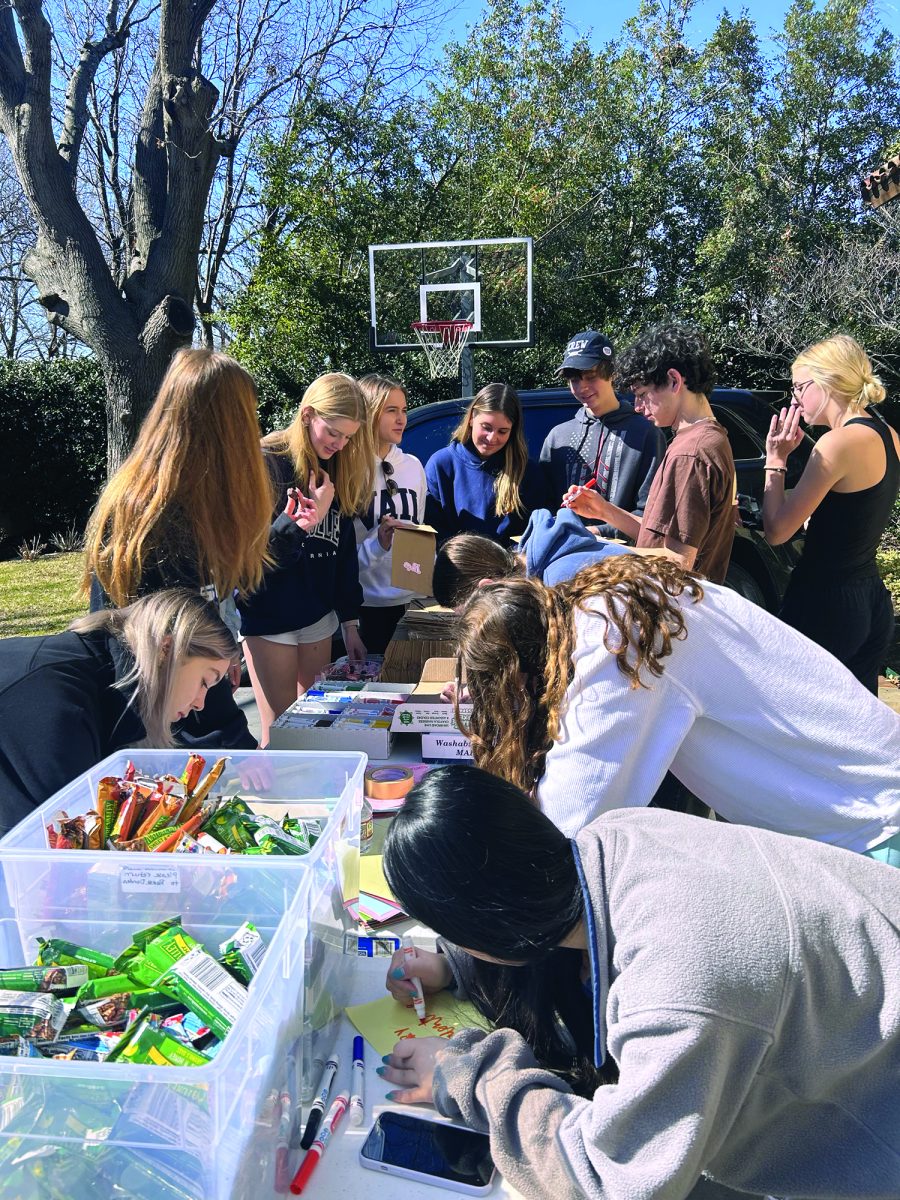On World Homeless Day Oct. 10, organizations spread awareness with projects, statistics and numbers to show the sheer scale of homelessness. But the biological effects of homelessness suffered by the unhoused are often ignored.
Research conducted on the homeless in America indicates that homelessness accelerates the effects of aging. According to the National Health Care for the Homeless Council, unhoused people die an average of 12 years earlier than the rest of the U.S. population due to the mental and physical toll of living without adequate shelter.
According to NBC 5 DFW, more than 4,000 people in Dallas and Collin Counties were homeless in 2022. These individuals live in high stress situations, putting them at a higher risk of anxiety, depression, diabetes and cardiovascular disease.
A University of California, San Francisco study determined that homeless individuals with an average age of 57 recorded medical ailments, falls and heart attacks at numbers typical of housed people in their 80s.
With limited healthcare access, poor diets and close quarters in homeless shelters, minor illnesses – like a cold – can develop into serious complications if not properly taken care of.
“I think it makes the need for us to help a lot more urgent,” said senior Lola Barnard, president of Feeding the Need – a social impact club working closely with homeless families in partnership with Family Gateway. “A lot of people don’t realize how urgent the situation is because they don’t know all the details.”
Cancer is a silent killer among the homeless population. Unhoused populations are at an increased risk of developing various cancers due to increased exposure to substance abuse, infections, sun exposure and pollution. Little to no opportunities exist for the unhoused to get cancer screenings, so tumors often go undiscovered until it is too late. According to the American Society of Clinical Oncology, homeless people are two times more likely to die from cancer than the average U.S. resident.
The Hockaday community works closely with organizations such as Austin Street Shelter, Family Gateway, City Square, The Bridge and After8toEducate through Social Impact clubs like Feeding the Need and various service opportunities.
Barnard said the most difficult thing for people to understand about homelessness is that it is very difficult to escape because of the toll it has on an unhoused person’s mental and physical health, sometimes preventing them from finding jobs.
“I’ve been trying to educate people about these risks and the challenges of homelessness through my club,” Barnard said.
There are many opportunities for the Hockaday community to get involved, through events like Feeding the Need’s basket-making sessions that provide hygienic supplies for Family Gateway and upcoming opportunities on MobileServe, like the Feast of Sharing on Nov. 11.
Ending homelessness means creating suitable housing for millions and saving lives by consequently preventing and treating the potentially fatal effects of living without shelter.



